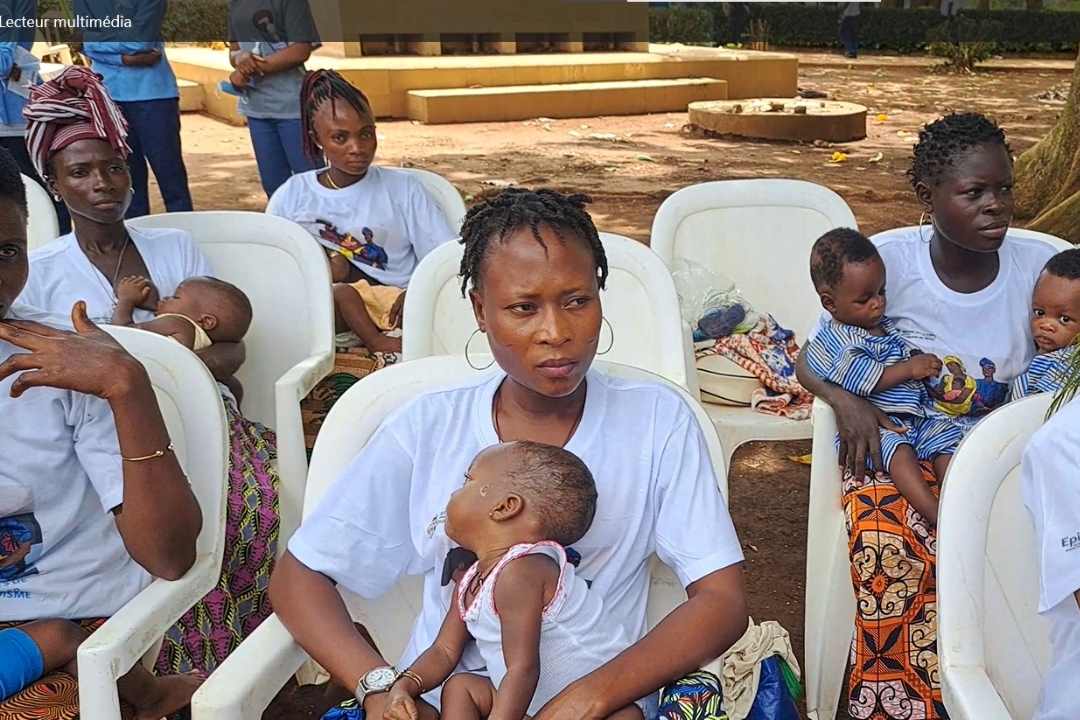
As Cotonou hosted the High-Level Conference on Health Financing, one panel stood out for its urgency and ambition: the fight against malaria.
The session, themed “Malaria: Innovative Financing and Public-Private Partnerships, Essential Pillars for Achieving Its Elimination,” brought together key players from government, civil society, and the private sector.
Their message was clear—eliminating malaria in Africa requires not only renewed commitment, but bold financial innovation and cross-sector collaboration.
Moderating the panel, Franz Okey, Regional Advisor for Speak Up Africa, set the tone with a stark reminder: “Every minute, a child dies from malaria. And every year, 4.3 billion working days and more than 1.5 billion school days are lost.” The socio-economic toll of malaria, he stressed, is enormous. Citing World Health Organization data, Okey noted that $42 billion could be saved globally by 2030 if malaria elimination efforts were adequately funded.
Yet this ambition is under serious threat. Okey warned of diminishing donor engagement, pointing to USAID’s gradual retreat and concerns from the Global Fund over non-compliant spending in several African nations.
With the next Global Fund replenishment cycle aiming to secure $18 billion, doubts about financial sustainability loom large.
From Benin’s side, steps are being taken. Constant Nahum, Coordinator of the Parliamentary Caucus for Malaria Elimination, outlined key national actions: “There is the adoption of the group’s internal regulations and the adoption of the Caucus’s three-year national plan for 2025–2028 to further unite forces,” he stated. He also confirmed ongoing discussions to seek external funding, including support from China.
The private sector perspective came from Dr. Annabelle Ekué, Director of the Camp Guézo Pharmacy, who highlighted malaria’s drag on economic productivity: “In addition to being the leading cause of hospital visits, it is also the leading cause of absences in businesses. The burden of malaria is heavy,” she said.
Echoing this concern, Dr. Codjo Dandonougbo, National Coordinator of the National Malaria Control Programme (PNLP), praised the recent rollout of the malaria vaccine in Benin.
He acknowledged that while progress has been made, “the number of countries with high malaria rates continues to grow.” Nevertheless, he called the vaccine a “significant step forward,” marking a critical milestone for Benin’s public health strategy.
The conference concluded with a consensus: to eradicate malaria, Benin and its partners must go beyond declarations.
They must secure sustainable funding, ensure transparency in spending, and leverage partnerships that can translate policy into action.



